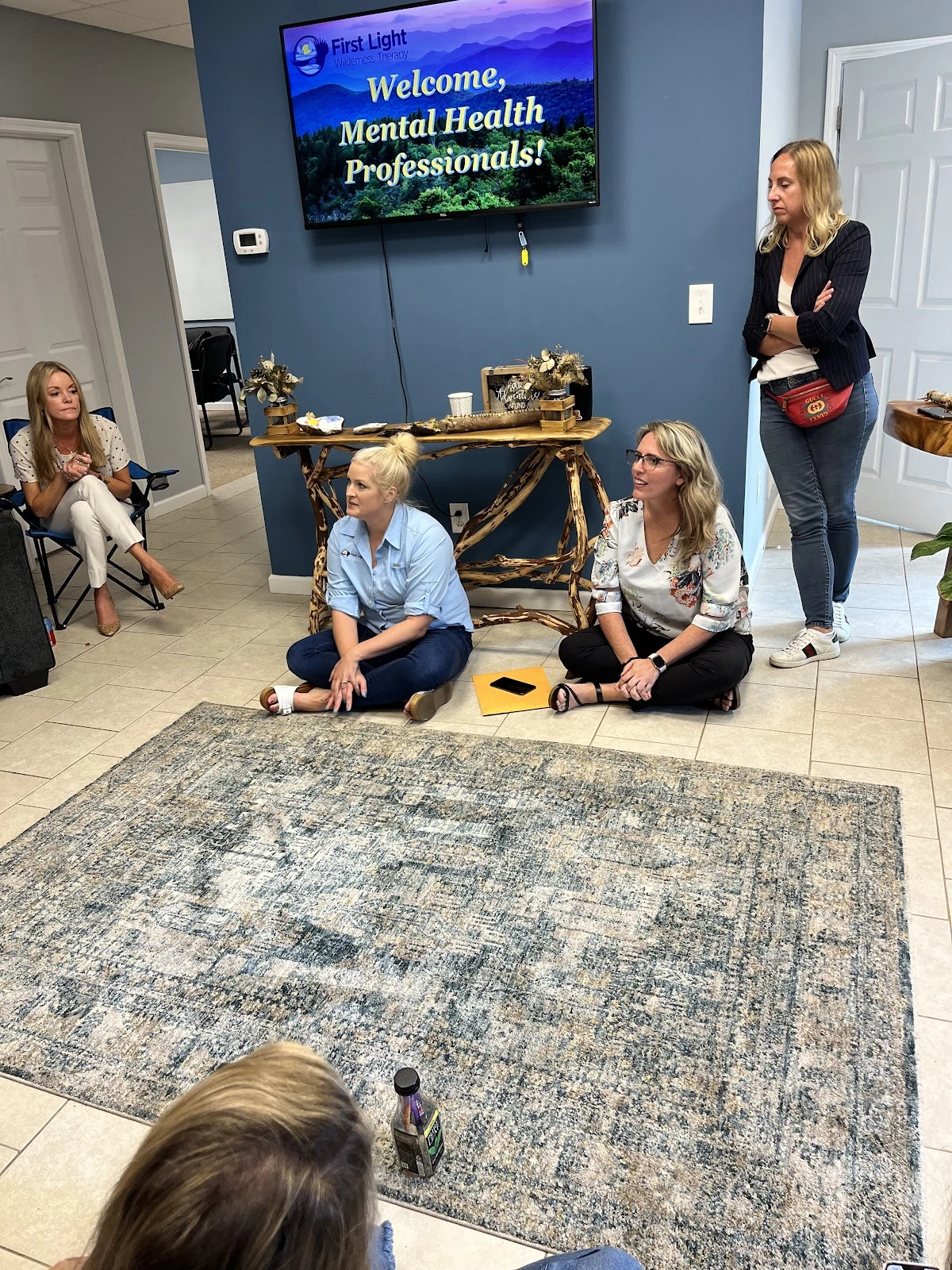Embark at Campbell Information
Treatment
Who We Treat
- Teens / Adolescents
- Young Adults (18–25)
- Adolescents
Treatment Focus
- Adolescents
- Experiential Therapy
Approaches
- Individual Treatment
- Personalized Treatment
- Evidence-Based
- Gender-Specific
- Family Involvement
- Therapeutic Community
- Family Therapy
- Group Therapy
- Holistic
- Acceptance and Commitment Therapy (ACT)
- Experiential
- Trauma Informed
- 1-on-1 Counseling
- Art Therapy
- Equine Therapy
- Meditation & Mindfulness
- Eye Movement Therapy (EMDR)
Conditions We Treat
- Depression
- Anxiety
- Bipolar Disorder
- Personality Disorder
- Trauma
- Self-Harm
- ADHD/ADD
- Internet Addiction
- Personality Disorders
- Bipolar
- Anger
- Co-Occurring Disorders
Substances We Treat
- Alcohol
Languages
- English
Aftercare
- Intensive Outpatient Program
- Aftercare Home Support
- Follow-up Sessions (in-person)
- Follow-up Sessions (online)
- Ability to Call a Counselor
- Alumni Events & Get-Togethers
Level of Care
- Outpatient
- Intensive Outpatient Program (IOP)
- Day Treatment
- Virtual & In-Home Care
Experience
On-Site Amenities
- Gardens
- Business Center
- Computers
- Internet
On-Site Activities
- Games
- Alternative Meetings
Off-Site Activities
- Horseback Riding
Special Considerations
- Family Program
- LGBTQ group
- Young Adults Program
Accreditations
-
The Joint Commission
The Joint Commission's addiction and behavioral health accreditation signifies a facility's commitment to high-quality care. It involves rigorous evaluations and assessments of clinical practices, ensuring effective, evidence-based treatment. Accreditation showcases a dedication to continuous improvement and patient safety, instilling trust among patients, families, and healthcare professionals. It's a mark of excellence in addiction and behavioral health care.

Additional Locations
Embark at Campbell Accepts The Following Insurance Plans
Find the best treatment options. Call our free and confidential helpline today!












